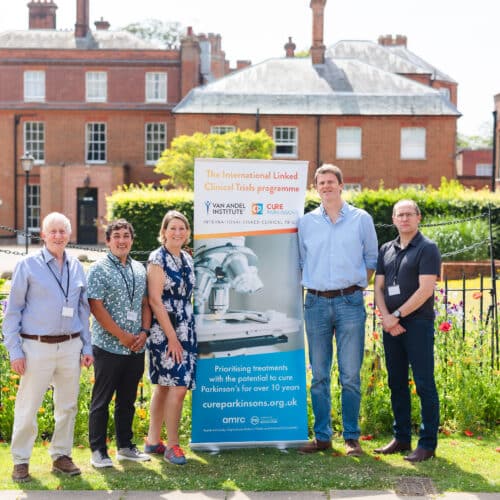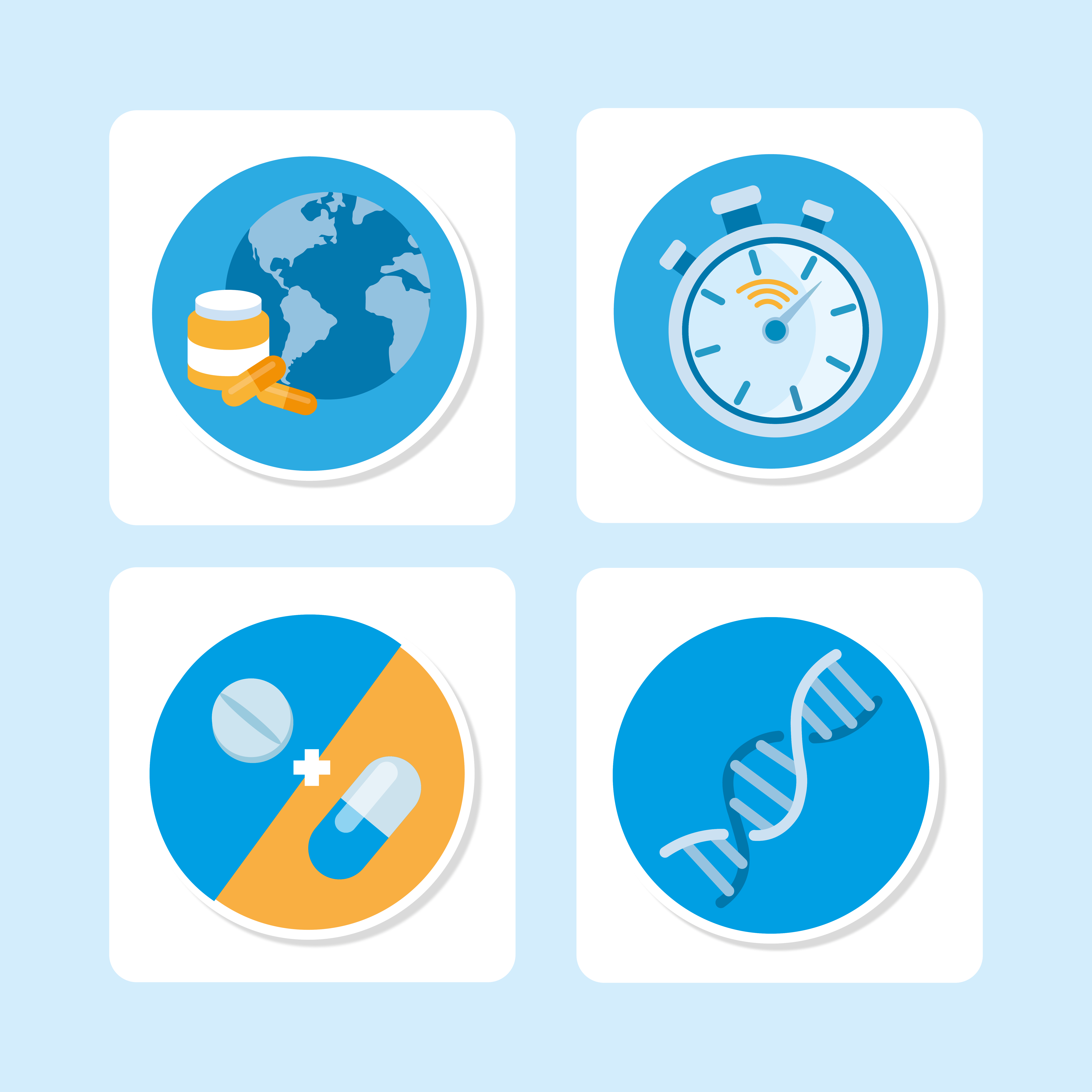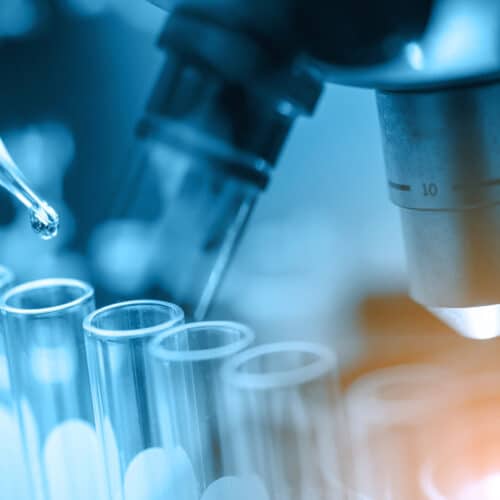GP2: global Parkinson’s genetics program

In almost every cell of a human body, genetic material or DNA is translated into proteins, referred to as genes.
These genes provide the instructions for making and maintaining each individual. Small errors or mutations in certain genes, however, can result in increased risk of developing certain medical condition (such as Parkinson’s), while other genetic errors may impact the course of a condition.
There appears to be a genetic component in 10-20% of cases of Parkinson’s, but our understanding of how tiny errors in genes is influencing the risk and course of the condition is extremely limited. In addition, the vast majority of the research on the genetics of Parkinson’s to date has been conducted in Western populations, leaving large portions of the world’s population under-represented. Further research in this area is urgently required.
Aligning Science Across Parkinson’s (ASAP) was launched this year, with support from the Sergey Brin Family Foundation, and more recently ASAP announced the Global Parkinson’s Genetics Program (GP2). This will be a huge 5 year study, that will utilise existing global research resources to collect DNA samples from more than 150,000 people. The DNA will be collected from people with and without Parkinson’s, as well as people at risk of developing Parkinson’s (exhibiting prodromal symptoms).
The main goal of the GP2 project will be to expand current understanding of the genetic architecture of Parkinson’s (particularly in under-represented populations around the world), and will also attempt to accelerate the discovery and validation of new disease-causing genetic mutations. In addition, it will provide a platform for open-access to the data for the research community to enable broader use of the data the project will collect.







